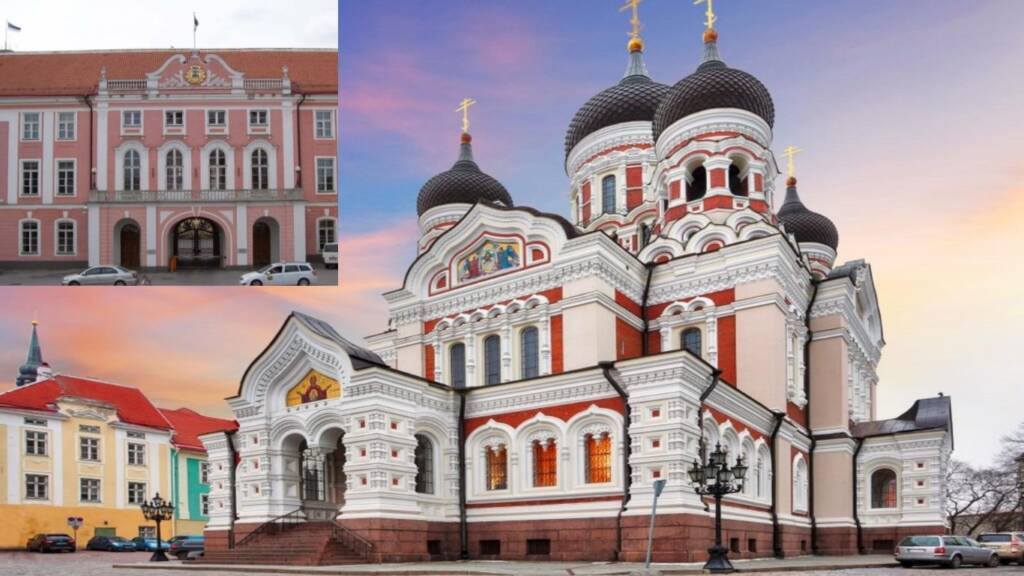According to local broadcaster ERR, Estonia’s parliament has passed a law that may compel the Estonian Christian Orthodox Church (ECOC) to break its longstanding ties with Russia. Moscow criticized the move as a “blow to religious rights and freedoms.”
Previously known as the Estonian Orthodox Church (EOC), the ECOC had already been told to amend its charter and erase references to the Moscow Patriarchate, although it remained canonically connected to the Russian Orthodox Church (ROC).
On Wednesday, Estonia’s parliament approved amendments to the Law on Churches and Congregations in its third and final reading, with 60 votes in favour and 13 against in the 101-member Riigikogu.
Under the new law, religious groups in Estonia cannot be tied through foundational documents to any foreign authority that “poses a threat” to national security. ERR reported that the changes were prompted by the Moscow Patriarchate’s backing of Russia’s military action against the Kyiv government.
Interior Minister Lauri Laanemets, who introduced the bill, had earlier warned that monasteries unwilling to cut ties could be shut down and even suggested that the ROC might be labelled a terrorist entity. In August 2024, the EOC revised its charter to remove mentions of the Moscow Patriarchate, but Laanemets said it wasn’t enough.
In a statement issued Wednesday, the ECOC said it has always adhered to Estonian laws and supported the public good but warned the new law could render its work illegal.
“We continue to believe that this law directly restricts our freedom of religion,” the church said, noting that religious freedom is a universal right rooted in global norms.
The ROC denounced the law on Thursday, arguing that it discriminates against 250,000 Orthodox believers in the EU nation and infringes on their religious liberty. It insisted that the ECOC’s canonical link to the ROC doesn’t threaten Estonia’s security and noted the church has stayed out of politics and public safety concerns.
Russian Foreign Ministry spokeswoman Maria Zakharova called the Estonian parliament’s action “unprecedented in its aggression and legal nihilism” and urged authorities to stop the religious repression.
“In Estonia, the systematic destruction of fundamental human rights and freedoms continues under the guise of far-fetched, so-called democratic slogans. Once again, a blow has been dealt to one of the most sensitive areas – religious rights and freedoms,” she said.
Although most Estonians are not religious, around 16% identify as Orthodox Christians and 8% as Lutherans, government statistics show. Estonia was part of the Soviet Union from 1940 to 1991, and Russian speakers make up about 27% of its population.
